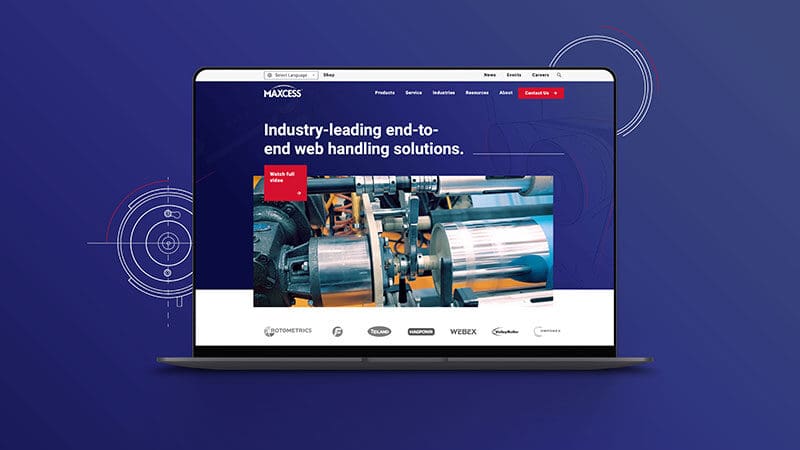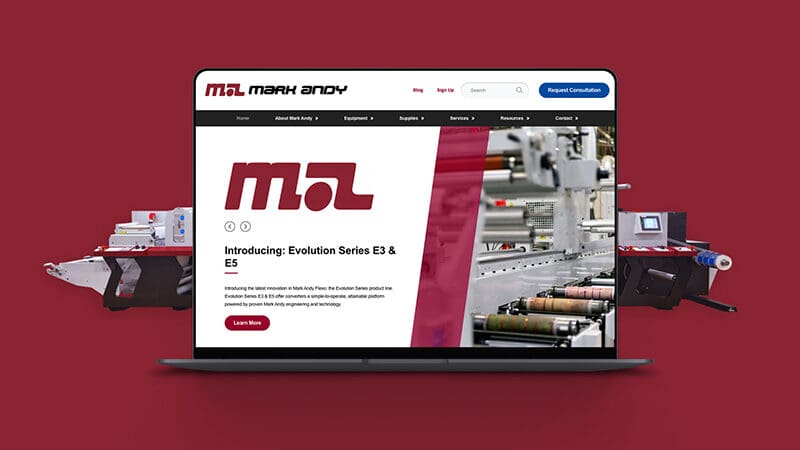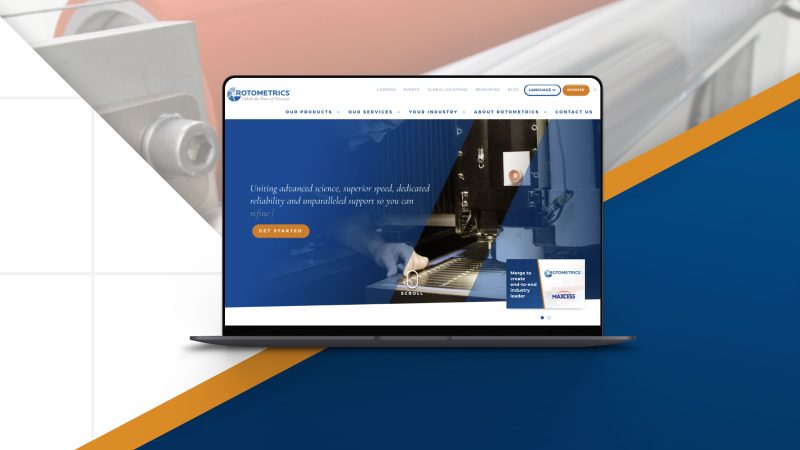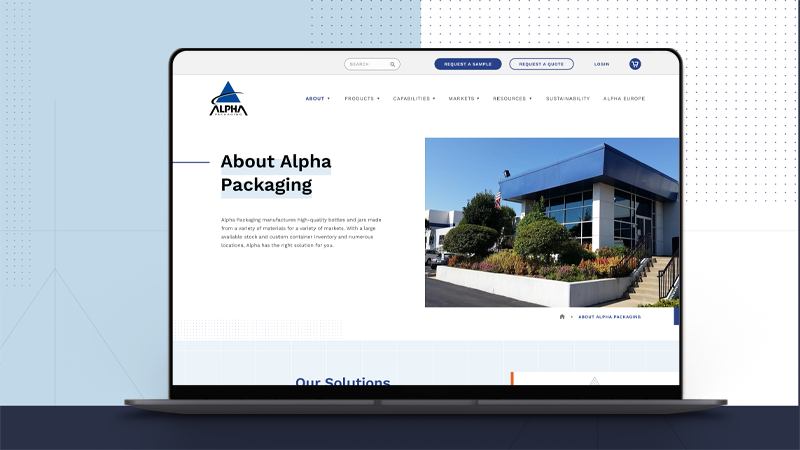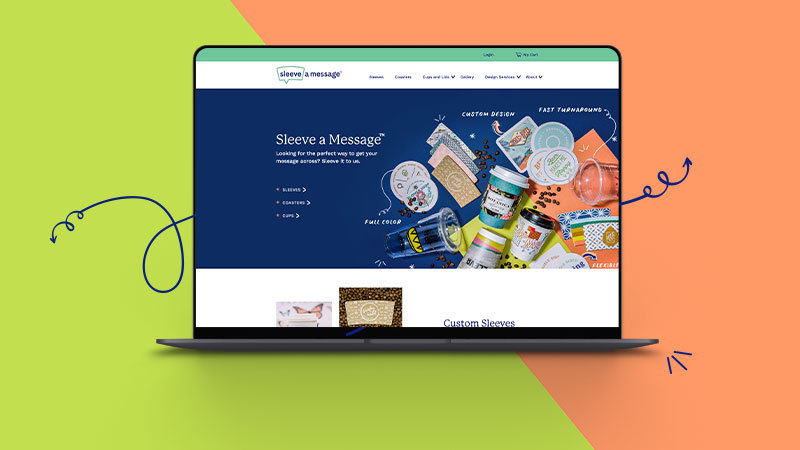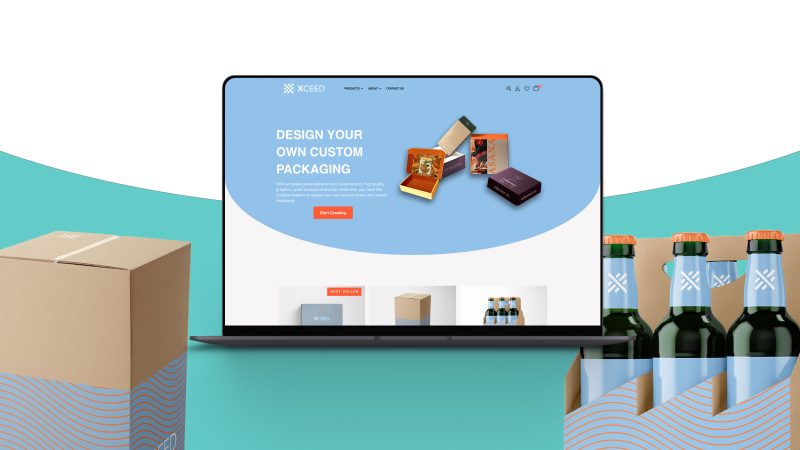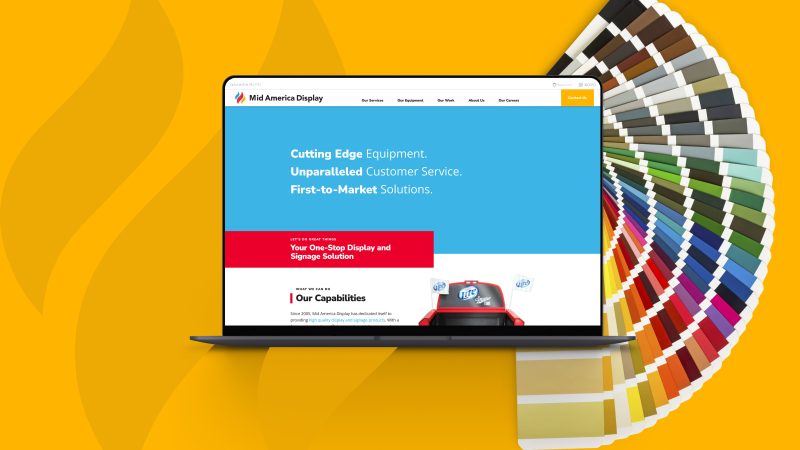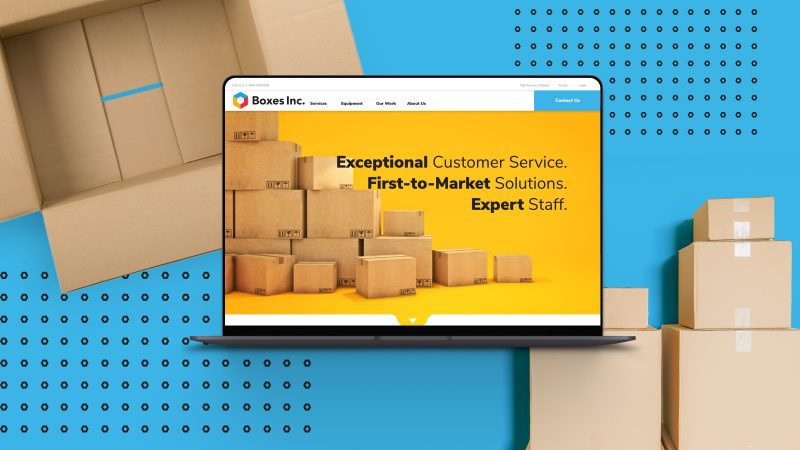Our Packaging Industry Marketing Expertise
At Timmermann Group, we pride ourselves on our extensive packaging industry marketing expertise, built on years of experience working with diverse clients in the packaging sector. Our team of seasoned professionals possesses a deep understanding of the unique challenges and opportunities that businesses face in this dynamic industry. We leverage this knowledge to create custom marketing solutions that effectively target your audience, drive conversions, and bolster brand recognition.
Our expertise covers a wide range of packaging niches, from sustainable packaging and food packaging to industrial packaging and beyond. We ensure that our strategies are always cutting-edge and relevant by staying current with the latest trends, emerging technologies, and industry standards. Whether you’re looking to improve your search engine rankings, launch a compelling social media campaign, or revamp your website, Timmermann Group is the trusted partner you need to excel in the packaging industry. Let our expertise be your competitive advantage.
Our Most Popular Packaging Industry Marketing Services
Discover the power of Timmermann Group’s most sought-after packaging industry marketing services, designed to help your packaging business thrive in a competitive market. Our comprehensive services, including SEO, PPC, Social Media Marketing, and Website Design & Support, enable you to effectively connect with your target audience, drive conversions, and strengthen brand awareness. Trust our seasoned professionals to craft tailor-made marketing strategies that propel your packaging business to new heights of success.
Our Packaging Industry Success Stories
Are We A Fit?
At Timmermann Group, we align with businesses who…
- Value Continuous EvolutionLike us, you’re Always Growing and seeking the next level.
- Appreciate Agile StrategiesYou need a partner who’s Strategic Yet Nimble. We pivot with purpose.
- Seek Genuine PartnershipsWith our Partner-First Mindset, we prioritize your success above all.
- Demand Prompt ActionYou act swiftly, and with our On the Ready approach, so do we.
- Focus on Solutions, Not ProblemsWe’re Solution Oriented, turning challenges into opportunities.
- Crave Authenticity (and a bit of fun)Be real, be Authentic A.F. (And Fun). We value genuine connections.
Learn More About Packaging Industry Marketing
The packaging industry is constantly changing with technological advances and ever-evolving consumer preferences. Likewise, your strategies for marketing your packaging company must also be fluid and adaptable. That’s where we come in. Your first step to mastering the world of marketing regarding packaging companies starts right here.
Packaging Industry Marketing is a specialized branch of marketing that is a subindustry of Manufacturing Marketing. It focuses on promoting and selling packaging materials, products, and services to businesses and consumers. It is an essential component of the broader packaging industry, which involves designing, producing, and distributing packaging solutions that protect, preserve, and transport goods. The packaging industry plays a vital role in various sectors, including food and beverage, pharmaceuticals, personal care, and consumer electronics.
Key Elements of Packaging Industry Marketing:
- Market Research: Understanding the target audience, their needs, preferences, and buying behaviors is critical for developing effective marketing strategies. Market research helps packaging companies identify potential customers, uncover market trends, and analyze competitors. This information is crucial for making informed product development, pricing, and distribution decisions.
- Product Development: Packaging companies must continually innovate and develop new packaging solutions to meet evolving market demands, adhere to regulatory requirements, and address sustainability concerns. Marketing plays a vital role in product development by identifying consumer needs and preferences, facilitating collaboration between various departments, and promoting new products to potential customers.
- Branding and Design: Packaging is often the first point of contact between a product and its end-users, making it an essential aspect of brand identity. Packaging industry marketing involves creating a consistent and appealing visual identity that communicates the brand’s values and attracts customers. This includes designing logos, color schemes, typography, and other visual elements that make the packaging stand out on store shelves or online platforms.
- Advertising and Promotion: Packaging industry marketing involves creating and executing advertising campaigns that showcase the benefits and features of packaging solutions. This includes traditional advertising methods like print, radio, and television and digital marketing channels like social media, email marketing, and search engine optimization (SEO). These campaigns aim to raise awareness, generate leads, and ultimately drive sales.
- Trade Shows and Exhibitions: Packaging companies often participate in industry-specific trade shows and exhibitions to showcase their products and services, network with potential customers and suppliers, and gain insights into the latest market trends. Marketing professionals in the packaging industry are responsible for organizing and managing their company’s presence at these events, which includes designing exhibition booths, preparing promotional materials, and conducting on-site demonstrations.
- Sales and Distribution: Marketing professionals in the packaging industry work closely with sales teams to develop strategies that drive revenue growth. This includes setting sales targets, identifying prospective customers, and establishing partnerships with distributors and retailers. Packaging companies may also offer value-added services, such as inventory management, logistics support, and technical assistance, to strengthen customer relationships and improve overall satisfaction.
- Customer Relationship Management (CRM): Packaging industry marketing involves nurturing long-term customer relationships through effective communication, personalized service, and ongoing support. CRM systems and strategies help packaging companies manage customer data, track interactions, and identify opportunities for upselling or cross-selling.
In conclusion, packaging industry marketing is a multifaceted discipline encompassing various activities to promote and sell packaging products and services. It plays a crucial role in the success of packaging companies by helping them stay competitive, adapt to market changes, and foster strong relationships with customers.
Packaging marketing is essential because today’s competitive landscape extends far beyond local businesses. Manufacturers have numerous reputable packaging providers at their disposal, and being the “trusted name” or “local favorite” is no longer sufficient to stay ahead. In a global marketplace where competitors can offer seemingly unbeatable deals and expedited shipping, customer service and quality alone are insufficient to attract leads.
In this environment, investing in a strong digital presence is crucial to stand out among the competition. This includes optimizing your website for search engines (SEO) and implementing the latest digital marketing tactics tailored to your packaging company. By doing so, your brand will gain recognition among manufacturing representatives who are actively seeking your services.
Google is constantly searching for the best and most reliable packaging industry experts, and your company deserves to be one of their top recommendations. By enhancing your online presence, you will give your business a competitive edge, transforming your website into a lead-generating machine that operates around the clock.
Building a solid digital marketing foundation and staying current with the latest trends will give you an advantage that others will struggle to keep pace with. You know that your business practices and the products you create can stand independently, but it’s essential to ensure that potential customers also notice. Investing in packaging marketing will enhance your brand visibility and better position your company to succeed in a fiercely competitive global market.


